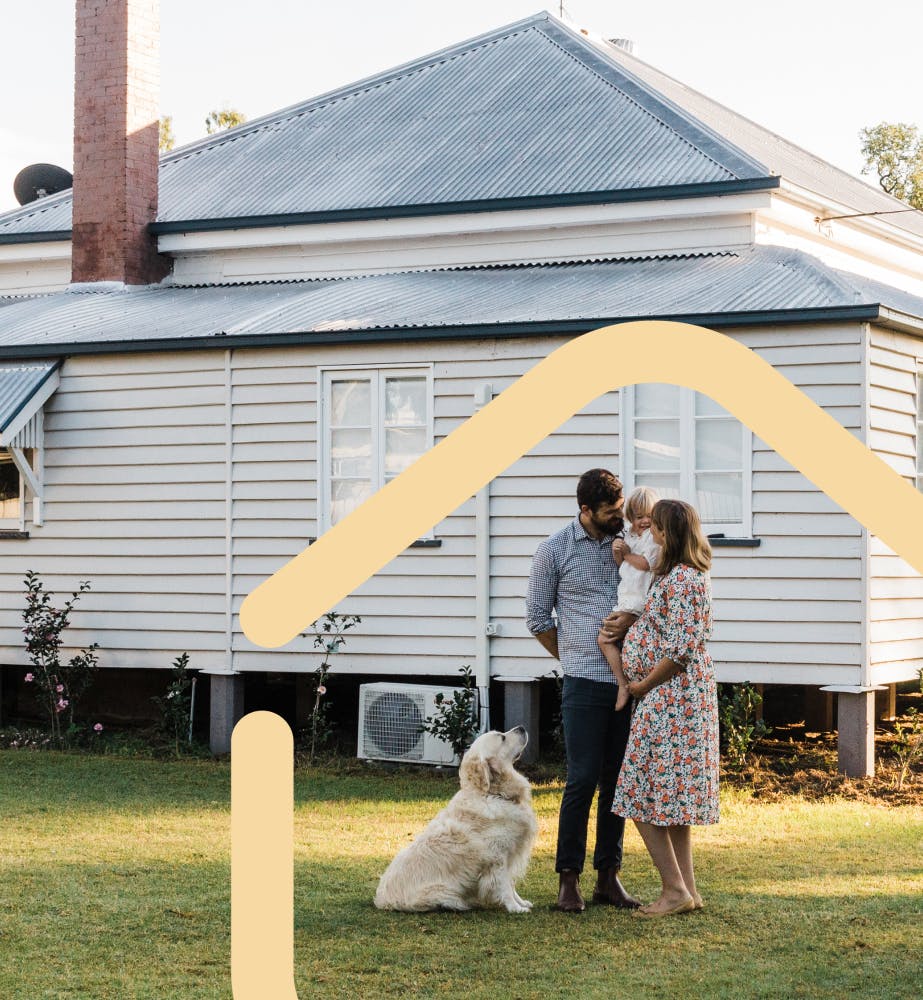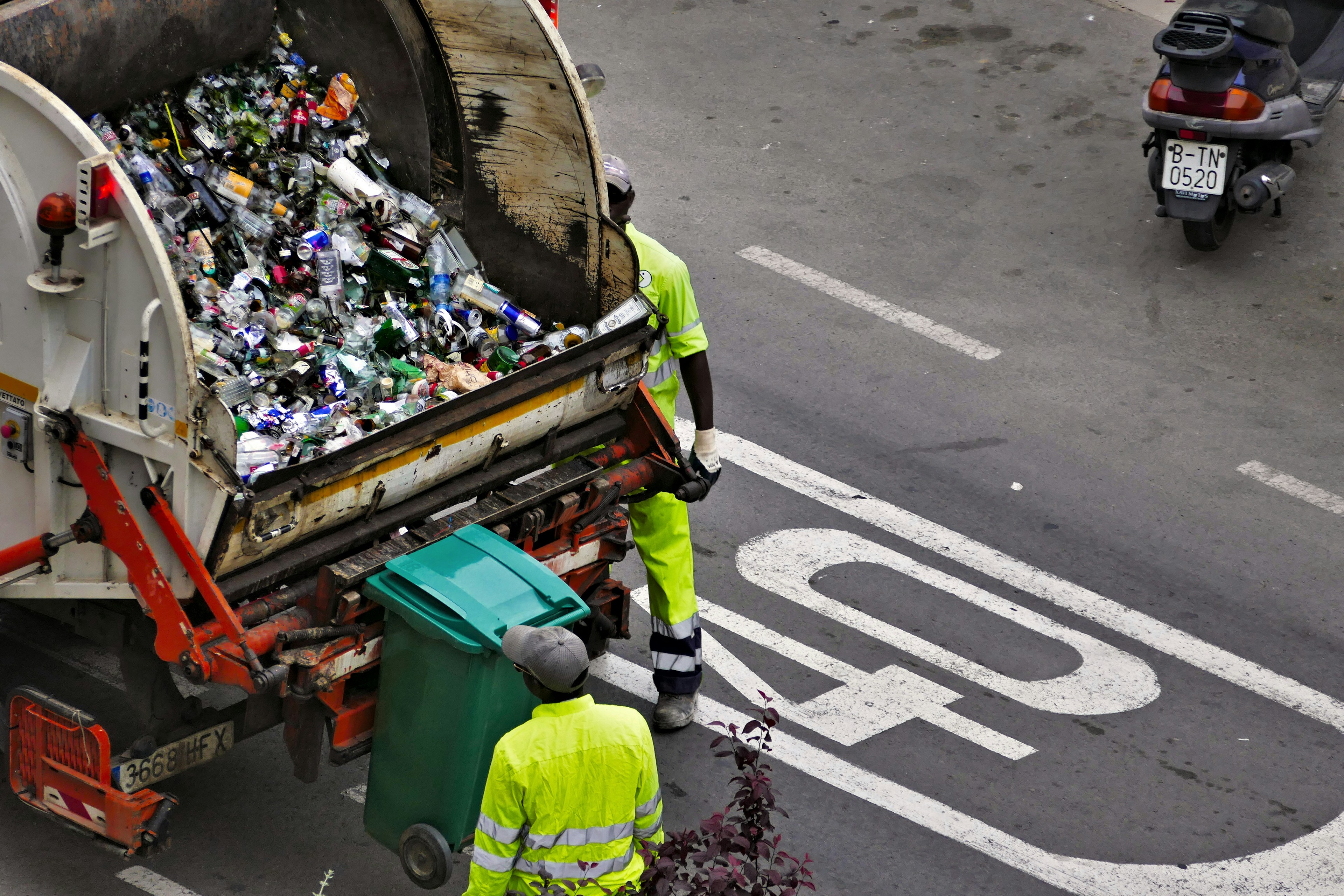Supermarket shopping makes it almost impossible to reduce waste from your daily life with much product coming in multi layered packaging.
Tubs of butter have a lid, and not one, but two, separate freshness seals, both of which are discarded the minute the container gets home. Packets of biscuits are like Russian dolls, with smaller individually wrapped packets tucked inside larger plastic bags. Even vegetables come on little plastic trays or wrapped in plastic packages, which are tossed inside another plastic bag for the journey home.
With so much waste imposed upon us at every step, it’s easy to feel not just helpless, but also indifferent. All this packaging can be avoided.
While avoidance may be the best form of waste reduction, being well educated on the freely available recycling services available is also essential as much of the packaging you take home can be simply recycled. Both Coles and Woolworths offer free soft plastic recycling in-store nationwide, you can read more about this program here. Avoiding packaged food is also a nutritional step in the right direction, increasing the consumption of fresh not processed foods. Melbourne woman Arwen Birch manages to create just half a shopping bags worth of rubbish every week for family of five. Read It’s all rubbish to get Birch’s tips on how to reduce your household waste.
While avoidance may be the best form of waste reduction, being well educated on the freely available recycling services available is also essential as much of the packaging you take home can be simply recycled. Both Coles and Woolworths offer free soft plastic recycling in-store nationwide, you can read more about this program here
If you want to find out more about materials & resource optimisation, contact Lloyd Parker (lloyd.parker@edgeimpact.global)

CRJO partnered with Edge to develop a toolkit for retrofitting homes, boosting bushfire resilience for homeowners, councils, and industry.







